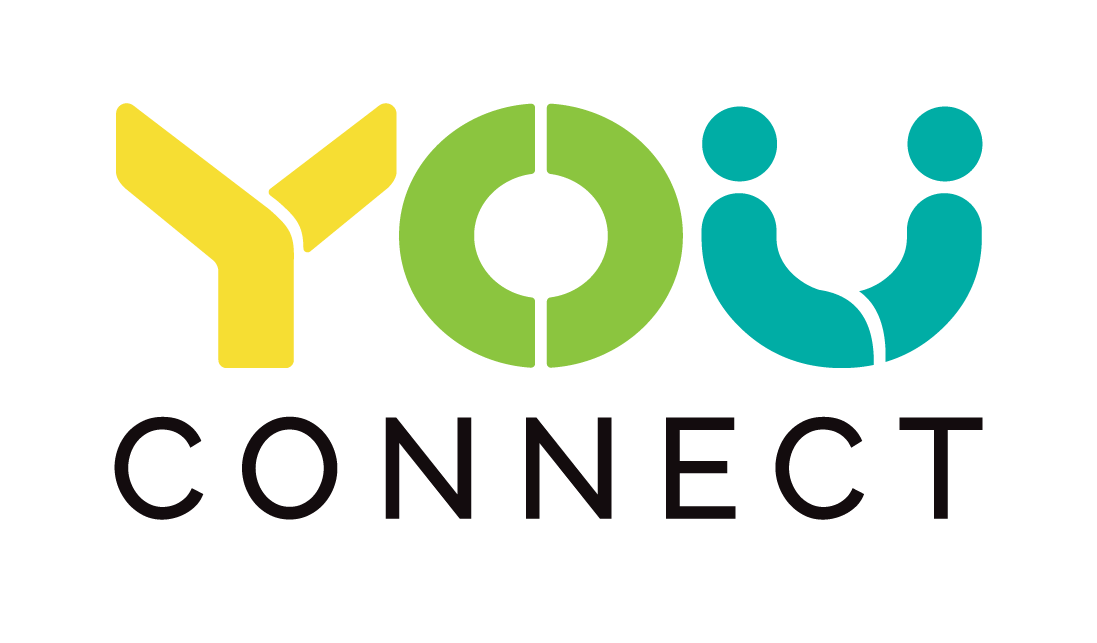
Alcohol & Other Drugs Support
The NDIS & AOD Addiction
The NDIS does not classify alcohol and other drugs (AOD) addiction as a disability. It does not fund supports around ‘co-morbidity’ which includes conditions such as substance abuse or dependency. Drug or alcohol dependency is classified as requiring ‘mainstream’ support. The NDIS however do fund where there is a functional impact from a psychosocial disability due to a mental health condition which involves AOD addiction.
People with disability can have trouble with AOD addiction. The most common drugs that people with disability have trouble with are alcohol and cannabis. Other drugs include ecstasy, cocaine, heroin and prescription medication. It can be very hard for participants to get help with their AOD problems.
You Connect has a team trained in AOD addictions. These support workers are equipped to manage co-existing mental health and AOD difficulties. They work with local experts to address challenging behaviours as a result of the AOD addiction as well addressing the resulting health related impacts such as insomnia, appetite changes and liver damage.
Our support workers are skilled at:
Recognising signs that indicate a person may have co-existing mental health and AOD issues
Responding accordingly, using solution focused approaches
Utilising support strategies specific to dual diagnosis
Maintaining effective, respectful relationships with the participant throughout the process
Identifying potential risks to participants, employees or others
Identifying emergency situations and knowing how to seek immediate assistance if needed
Participants with AOD problems often face challenges with relationships, housing, unemployment, education and training needs, as well as issues with criminal justice and social services. As such You Connect focus on a harm minimisation approach involving health promotion, education, referral support, and developing plans for early intervention and prevention.
